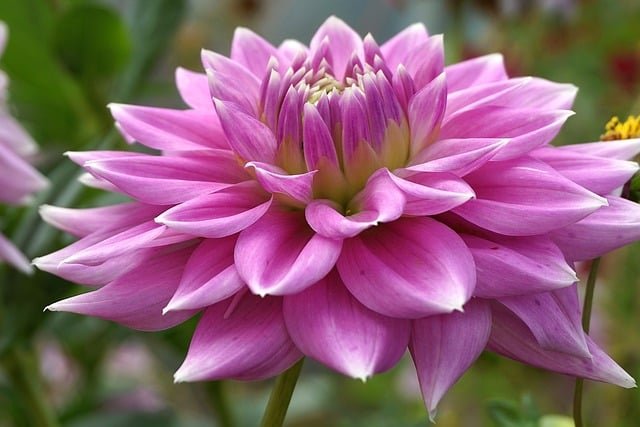Choosing the right wine cooler is essential for any enthusiast looking to preserve their collection’s integrity. This article explores the critical factors of temperature stability and humidity control, explaining how advanced technology in modern units safeguards your investment and ensures every bottle is served at its absolute best.
The Critical Role of Temperature Stability
Consistent temperature is the single most important factor in wine preservation. Fluctuations cause the liquid to expand and contract, which can push the cork out slightly, allowing oxygen to seep in and prematurely age the wine. This oxidation leads to a loss of aroma, flavor, and complexity. Ideal long-term storage temperatures are consistently between 55°F and 58°F (12°C-14°C). Modern wine coolers utilize advanced compressor or thermoelectric cooling systems with precise digital thermostats to maintain this stability within a single degree, creating a perfect environment for your collection to mature gracefully.
Humidity Control and Vibration Protection
While temperature is paramount, humidity plays a crucial supporting role. The interior environment of a wine cooler must maintain a relative humidity level of around 50-70%. This prevents corks from drying out, shrinking, and admitting air. If a cork dries out, the wine is ruined. Furthermore, minimal vibration is essential. Excessive vibration can disturb the sediment in older wines and agitate the chemical processes, potentially harming the wine’s development. High-quality units feature sturdy construction, absorption flooring, and advanced cooling technology specifically designed to operate silently and without disruptive vibrations, making a dedicated wine storage cooler superior to a standard refrigerator.
Choosing the Right Cooler for Your Needs
Selecting a unit involves assessing capacity, location, and cooling technology. Thermoelectric coolers are quieter, vibration-free, and ideal for smaller collections or environments where they won’t be exposed to high ambient heat. Compressor-based models are more powerful, better for larger capacities or warmer rooms, and often come in dual-zone options for storing different types of wine at their respective perfect temperatures. Whether you need a compact wine fridge or a large freestanding unit, prioritizing these core features will ensure your wine ages as intended.
Ultimately, a wine cooler is an investment in the longevity and quality of your wine. By meticulously controlling temperature, humidity, and vibration, these appliances replicate the conditions of a perfect cellar. Understanding these core principles empowers you to choose the right unit, guaranteeing that every bottle you open will taste exactly as the winemaker intended.
